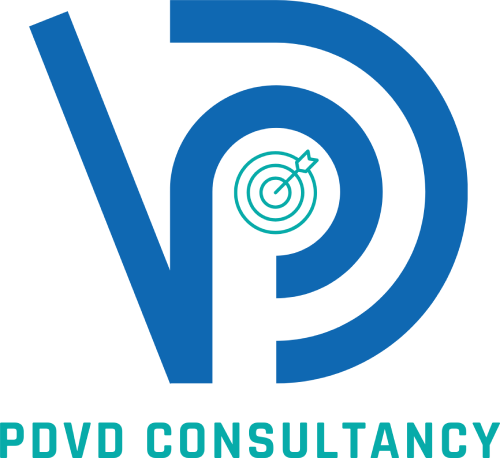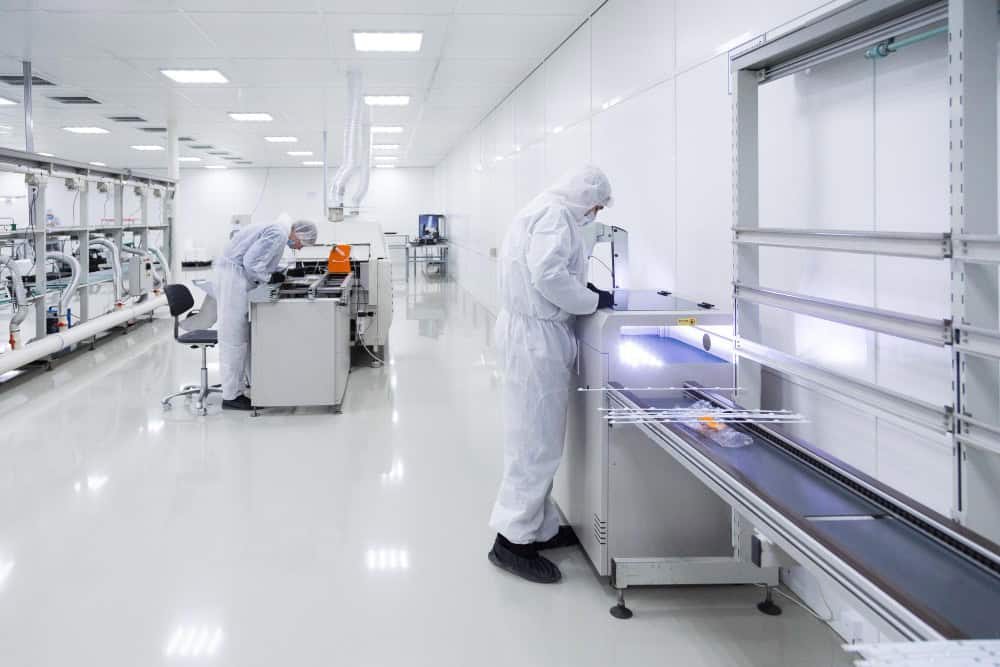Planning a pharmaceutical facility is crucial, especially in a country like India, where the pharmaceutical industry plays a significant role in the global supply chain. India is a leading exporter of generic medicines and has a robust domestic market, making the design and operation of pharmaceutical facilities essential for meeting quality standards, regulatory compliance, and operational efficiency.
Why Planning a Pharmaceutical Facility Important?
Let’s explore why pharmaceutical planning is pivotal in this sector.
1. Regulatory Compliance
The pharmaceutical industry is one of the most heavily regulated sectors. In India, the Central Drugs Standard Control Organization (CDSCO) oversees drug regulations. Globally, standards such as WHO-GMP, USFDA, and EU-GMP must also be met.
Why it matters?
- Proper planning ensures adherence to these regulations, reducing the risk of penalties, product recalls, or facility shutdowns.
- It includes the design of cleanrooms, controlled environments, and validation of processes.
2. Maintaining Product Quality
Pharmaceutical products must meet stringent quality standards to ensure patient safety. Poor facility design can lead to contamination, affecting product efficacy and safety.
Planning benefits include
- Contamination control through effective HVAC systems, air filtration, and material flow.
- Dedicated spaces for raw material handling, processing, and packaging to avoid cross-contamination.
3. Efficient Resource Utilization
India’s pharmaceutical facilities often operate on tight margins, making efficient use of resources critical for profitability.
Key factors:
- Optimizing facility layout minimizes waste, reduces energy consumption, and improves productivity.
- Proper planning allows for efficient water, power, and manpower utilization.
4. Scalability and Flexibility
The pharmaceutical market in India is growing, with frequent innovations and changing consumer demands. A poorly planned facility may not accommodate future growth.
Why it’s vital:
- Facilities should be designed with scalability in mind to adapt to new products or increased production.
- Modular designs and multipurpose equipment can support varied manufacturing needs.
5. Cost Management
Constructing or modifying a pharmaceutical facility is a significant investment. Poor planning can lead to budget overruns and operational inefficiencies.
How planning helps:
- Detailed project planning avoids unforeseen expenses during construction or operation.
- Preventive measures are integrated to reduce maintenance and downtime costs.
6. Improving Workflow and Operational Efficiency
Streamlined workflows are essential in pharmaceutical manufacturing to ensure timely delivery of products without compromising quality.
Proper Pharmaceutical Planning ensures:
- Segregation of personnel and material movement to prevent contamination.
- Logical process flow that minimizes delays in manufacturing and quality control.
7. Global Market Readiness
India is a major player in the export of pharmaceutical products. Facilities must meet international standards to cater to global markets.
Importance of pharmaceutical planning:
- Incorporating global compliance standards ensures market access to developed countries.
- Facilities designed to handle diverse regulatory requirements can cater to broader customer bases.
8. Environmental Sustainability
The Indian government is increasingly focusing on sustainability. Pharmaceutical facilities must incorporate eco-friendly practices.
Planning for sustainability includes:
- Energy-efficient HVAC systems and equipment.
- Wastewater management systems and proper disposal of hazardous materials.
Closing thought
Planning a pharmaceutical facility is not just a regulatory requirement; it is a strategic necessity for operational success and market competitiveness.
For the Indian pharmaceutical industry, which is a vital part of the global healthcare system, meticulous planning ensures quality, compliance, and sustainability while enabling long-term growth.
A well-planned facility can support innovation, meet diverse market needs, and uphold India’s reputation as a pharmaceutical hub. Get in touch PDVD consultant team for pharmaceutical planning in India.












